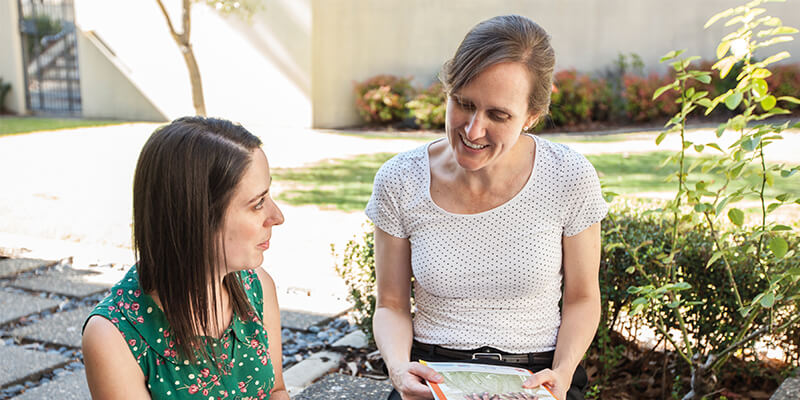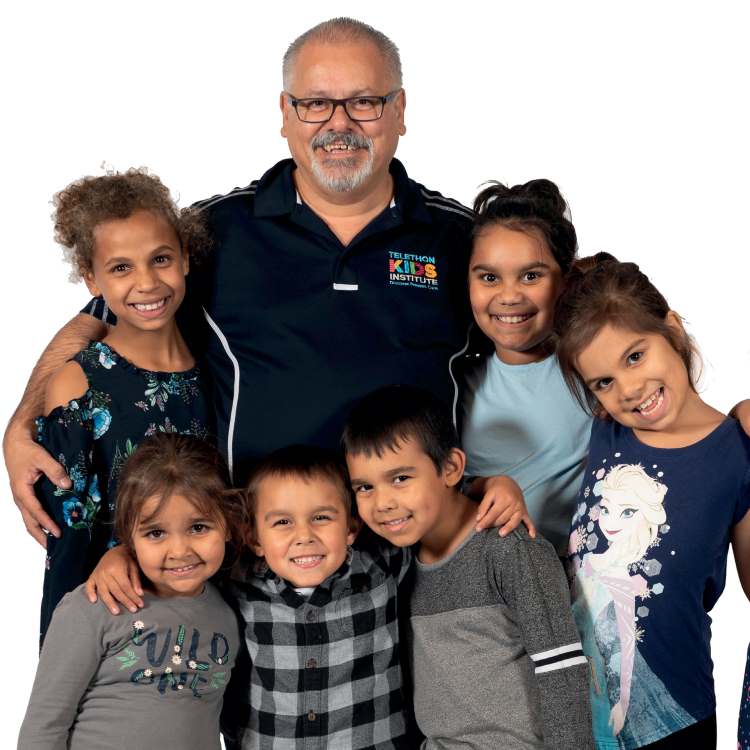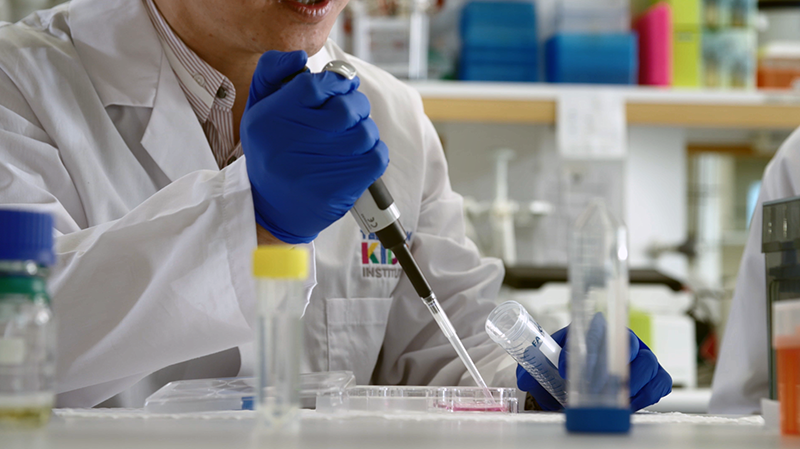Search
Advances in omics and specifically genomic technologies are increasingly transforming rare disease diagnosis. However, the benefits of these advances are disproportionately experienced within and between populations, with Indigenous populations frequently experiencing diagnostic and therapeutic inequities. The International Rare Disease Research Consortium (IRDiRC) multi-stakeholder partnership has been advancing toward the vision of all people living with a rare disease receiving an accurate diagnosis, care, and available therapy within 1 year of coming to medical attention. In order to further progress toward this vision, IRDiRC has created a taskforce to explore the access barriers to diagnosis of rare genetic diseases faced by Indigenous peoples, with a view of developing recommendations to overcome them.
The RHD Endgame Strategy: the blueprint to eliminate rheumatic heart disease in Australia by 2031 (the Endgame Strategy) is the blueprint to eliminate rheumatic heart disease (RHD) in Australia by 2031. Aboriginal and Torres Strait Islander people live with one of the highest per capita burdens of RHD in the world.
Cultural security is a key element of accessible services for Indigenous peoples globally, although few studies have examined this empirically. We explored the scope, reach, quality, and cultural security of health and social services available to Aboriginal and/or Torres Strait Islander families in Western Australia (WA), from the point of view of staff from the services.
To assess the scale of ethnic inequalities in severe maternal morbidity (SMM) rates and quantify the contribution of maternal characteristics to these disparities. This is a retrospective cohort study. A whole-of-population linked administrative data from 2002 to 2015 in Western Australia.
Otitis media is very common in Aboriginal children in Western Australia and chronic ear disease causes major problems in speech and language development and education. Up until recently, most programmes dealing with the problem of OM have focused on clinical interventions rather than prevention. The Enhanced Prevention Working Group was established as part of the WA Child Ear Health Strategy (2017–2021). The Group has worked collaboratively to develop a set of recommendations for prevention of OM in Aboriginal children.
The high burden of infectious disease and associated antimicrobial use likely contribute to the emergence of antimicrobial resistance in remote Australian Aboriginal communities. We aimed to develop and apply context-specific tools to audit antimicrobial use in the remote primary healthcare setting.

When health organisations in the north-west of WA requested urgent action to address the region’s high rate of skin infections, Dr Asha Bowen answered the call.

Led by nine Elders, the Ngulluk Koolunga Ngulluk Koort Project is working to generate a better understanding of early childhood development from an Aboriginal/Nyoongar perspective.

The Kids researchers will use nearly $8.5 million awarded by the National Health and Medical Research Council (NHMRC) to tackle health issues including respiratory disease, brain cancer, vaccination and Aboriginal health.

A new report that suggests strong connection to culture can help protect Aboriginal & Torres Strait Islander children from sexual abuse in institutions.
